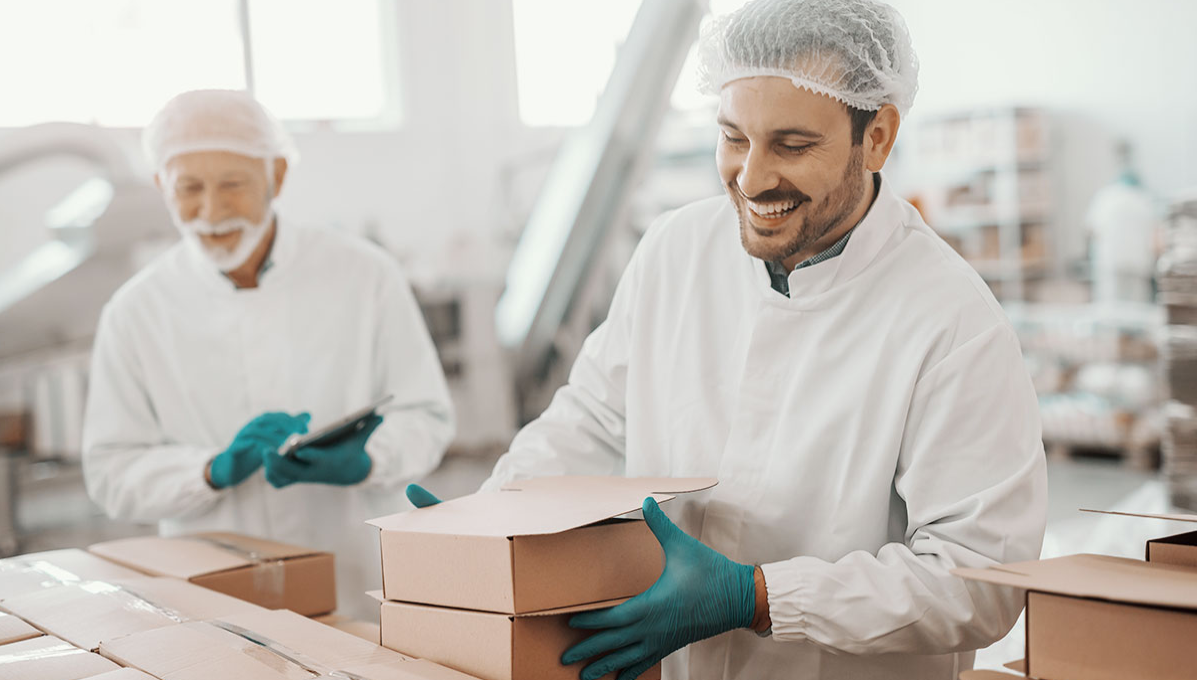Part 2 - Stewardship and Compliance at UPL
by Govind Sawant, Global Head of UPL's Stewardship and Compliance function
As discussed in Part 1, UPL is engaged in the process of establishing effective stewardship systems in each of the seven stages of product life cycles. In continuation to it, in this part 2, we discuss about our efforts towards stewardship around the globe. Following are representative summaries of some of the many Stewardship programs and activities that UPL is conducting throughout the world.
India
In India, UPL's Stewardship activities are aligned with a 10-point agenda for implementation:
1. Develop and launch Stewardship eLearning modules for continuous education
2. Include Stewardship capsules as part of all meetings
3. Establish a wide-spread Stewardship structure in India
4. Enhance customer engagement through Stewardship events
5. Reach out to growers through the Spray-well program
6. Initiate product-specific stewardship programs for priority products
7. Publish articles and newsletters to share information publicly
8. Share stewardship success stories on social media
9. Enhance UPL brand and goodwill, and strengthen sustainability ratings through stewardship outreach
10. Establish networks and collaborations to enhance adoption of stewardship practices
Moving ahead, UPL Stewardship network in India is being further strengthened by designating Stewardship Champions across regions, adding resources and initiating stewardship projects. These stewardship champions will be key focal point for steering stewardship activities such as conducting stewardship best practices training for internal and external stakeholders, ensuring proper and safe use of crop protection products by growers, training of pesticide dealers and retailers on proper handling, storage and transport of pesticide products etc. Implementing stewardship day events is another big activity in India, where 5th June is dedicated as International Stewardship day.
Africa
For West and Central Africa regions, UPL's stewardship is evident in the formation of three fully autonomous mobile training units that travel to meet producers, applicators, and technicians, to provide free training. UPL knows that the efficiency of crop protection product is linked directly to the conditions of application. These activities are conducted under the Applique Bien/Nguso papa (Apply Well) program and are operating Ivory Coast, Ghana, and Mali.
Training topics include proper use and maintenance of spray equipment, use of Personal Protective Equipment (PPE), reading and interpretation of product labels, the correct preparation of mixtures, and resistance management. A total of 14,723 growers have already been trained, most of them farmers and technicians involved with cotton and cocoa production.
Colombia & Ecuador
UPL Colombia has been blazing new trails in UPL’s stewardship story. Their initiatives include:
- Collecting empty pesticide containers
- End-user training on safe and effective use of pesticides
- Counterfeiting controls
- The Aplique Bien (Spray Well) program
- Custody of key molecules such as Mancozeb, Glyphosate and Propanil
- Service contact centre to provide customer advice
Education and training on the responsible use of pesticides is a core component of UPL Colombia’s efforts, which includes educating stakeholders about every aspect of pesticide use: transportation, storage, usage, and disposal. UPL Colombia has trained more than nearly 13,000 farmers -- 6,056 in 2019 alone -- regarding the safe handling and proper disposal of empty containers. In 2019, UPL Colombia responsibly disposed of more than 76 percent of the containers placed in the fields using environmentally sound technologies. The UPL Colombia team has also actively participated in an industry-led program called Campo Limpio, which promotes the proper collection and disposal of pesticide containers. Farmers are advised to adopt "triple-washing" techniques to ensure safety when emptying, and prior to disposal of, pesticide containers. The washing technique does not call for any special equipment and can be used with plastic, non-pressurized metal, and glass containers. UPL Colombia has also conducted virtual training for the entire sales force in Colombia and Ecuador on various topics, safe driving, product toxicology and labeling of agrochemical products.
As global leaders of our industry, UPL has taken a committed stand toward promoting the responsible use of our products, supplemented with education, and guiding related public policies in the markets we serve.
